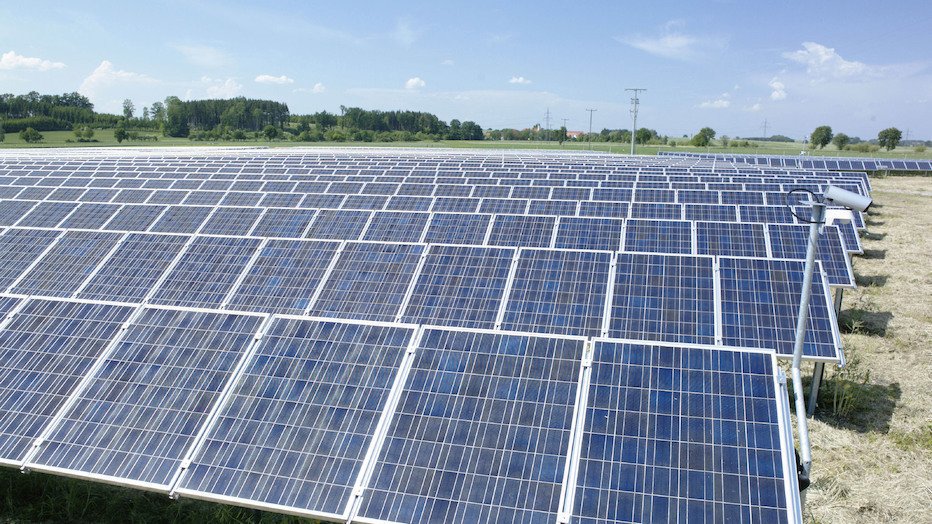Energy technology, energy management
The generation of energy from renewable resources has gained enormous importance in the course of the energy transition and now plays a key role in this field of study. Energy technology engineers are also researching innovative solutions for energy storage and distribution in order to make sustainably generated energy usable in the long term.

Overview of the academic discipline
The courses in this field of study teach skills for the planning, construction and optimization of energy generation, storage and distribution systems. In addition, research and development in the field of renewable energies and innovative technologies is an important topic across all sub-fields of Energy Engineering and Energy Management.
Which topics are included in the curriculum?
The Bachelor's degree program teaches engineering (such as mechanical engineering, process engineering and electrical engineering) and basic scientific and mathematical content, for example from the fields of mechanical engineering, electrical engineering, mathematics and physics. Other topics include direct and alternating current technology; modelling, simulation and optimization methods, plant and utilization concepts for renewable and conventional energy technology or skills for planning and operating renewable energy plants. Political, legal and social framework conditions are also addressed.
In the Master's degree course, students can deepen their knowledge of the basics or specialize, for example in biomass, wind energy or process technology.
What are the requirements?
Depending on the university, a pre-study internship is recommended or even compulsory. Important school subjects include mathematics, physics and English.
What study programmes are there to choose from?
In addition to “Energy Technology”, subjects in this area include courses such as “Renewable Energies”, “Energy Economics”, “Energy and Resource Management”, “Battery Technology” and “Renewable Resources and Bioenergy”.
The courses are usually offered at undergraduate and postgraduate level and can be studied at universities and universities of applied sciences, depending on the subject.
Students usually complete an internship lasting several weeks during their studies, and dual study models are now increasingly being offered.
What job opportunities are there after graduation?
Graduates of these courses find jobs in technical fields of work, particularly in the areas of research, planning, development and operation of renewable energy systems, but also in the commercial marketing of corresponding products and services or in consulting. The export of innovative technologies and know-how as well as the further development of the field of work abroad require foreign language skills and intercultural competencies, depending on the field of activity.
